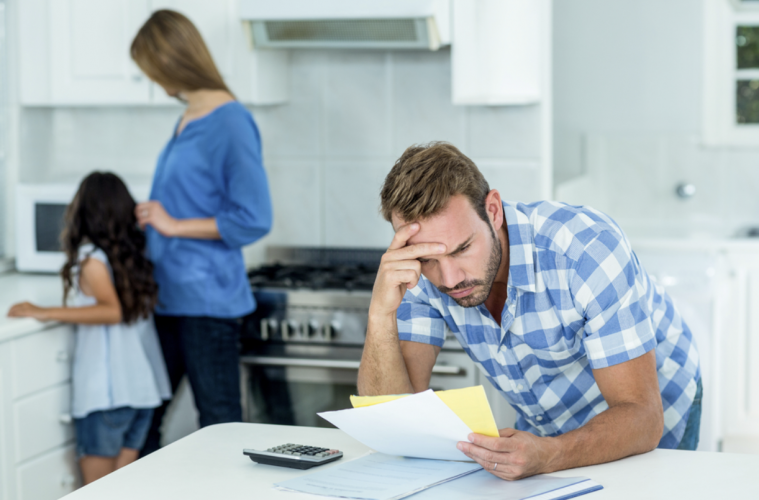There are a lot of ways to define a family. But at the end of the day, what is family really except the people on earth who you love the most and would do the most to keep safe?
For anyone who is a head of a household, what could be more important than this? Especially when it comes to your spouse, children, and parents. At some point, it will become your biggest responsibility to protect the people you love.
That might sound like it’s a lot easier said than done, however. How do you do it? Actually protecting your family certainly takes some concerted effort. Perhaps even more so, it requires knowing how to target your energy. And the following three areas represent the three most essential steps you must take to keep your loved ones safe.
1. Financial Security
It isn’t always comfortable to admit, but in modern America, the biggest source of freedom can be found in a bank account. Most of us will never be millionaires — let alone billionaires — and money will never solve all our problems or guarantee happiness. But having at least a moderate level of financial security is the quickest way to remove a lot of stress from our day-to-day lives. It’s the surest way to feel like we’ve done at least enough to set up our children and loved ones for success.
Reliable income, savings, and sound investments are all fundamental to achieving this goal. That gets you most of the way. Then comes insurance on top of it all to make sure you don’t lose what you’ve worked so hard to gain. From health insurance and homeowners policies to auto insurance and disaster coverage, you want to make sure your loved ones have all the protection they need.
2. Emergency Planning
Speaking of disasters and emergencies, these are likely the gravest immediate threat to the physical well-being of your family. Some of this catastrophe exposure varies by region. Floridians face hurricanes, Californians must be vigilant against earthquakes, and Midwesterners may be in the path of tornadoes. But other perils — like fires, floods, and gas leaks — are much more universal. They can strike anywhere so you need to be ready.
While recognizing that some risks may be more pressing than others, you need to do your best to ensure your family will be prepared for anything. This means teaching the kids what to do if the ground starts shaking, discussing an evacuation plan if a storm approaches, or creating a fire escape plan and meeting place if smoke fills the house. You don’t want to instill fear. But you must make sure everyone knows what to do in an emergency scenario.
3. Home Protection
For most people, fires or disasters are a larger physical risk than burglars and prowlers. But it probably won’t feel that way — especially if you watch cable news. Ultimately, a big part of feeling safe is psychological. So it pays off to do some hardening of your home.
As they say, it’s better to be safe than sorry. Moreover, it’s now cheap and easy to install a few surveillance cameras outside your residence. The same goes for alarm systems and smart locks. A small investment really can quickly improve home protection — and it will almost certainly help your family sleep easier at night.
Staying Secure in an Insecure World
The concept of safety can mean so many things. Beyond the key areas addressed here, you should definitely be thinking about the health and emotional well being of your family. Those areas too will help keep everyone secure for the long term.
But those concepts are much more about lifelong behaviors and experiences. For now, address the short-term, immediate threats. Do your best to safeguard your family’s financial security, spend some time on emergency preparedness, and fortify your home with some simple home protection upgrades.
This way, your family will feel much more secure and all your loved ones will be in a position to truly live their best lives.




